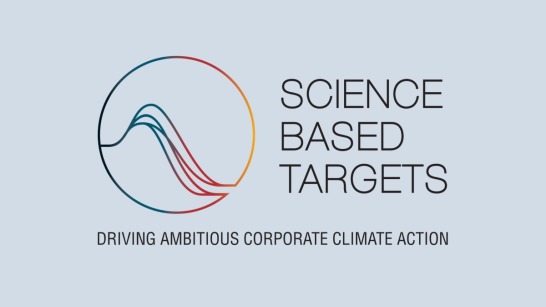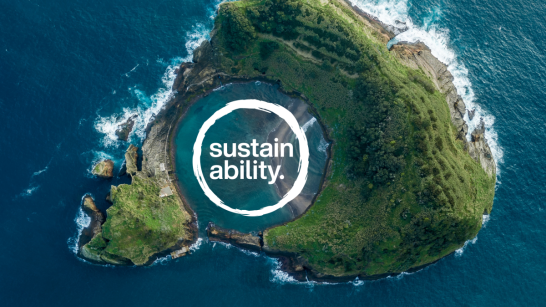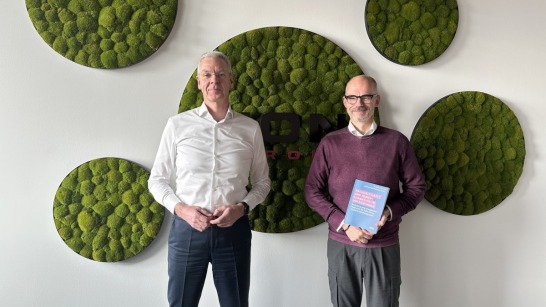
KIONs climate targets successfully validated by the Science Based Targets initiative
KION GROUP AG’s climate targets have been validated by the Science Based Targets initiative (SBTi). In July 2023, KION undertook to achieve net-zero greenhouse gas emissions throughout its value chain (Scopes 1, 2, and 3) by no later than 2050. This target was based on the framework developed by the SBTi.
2024-12-11


